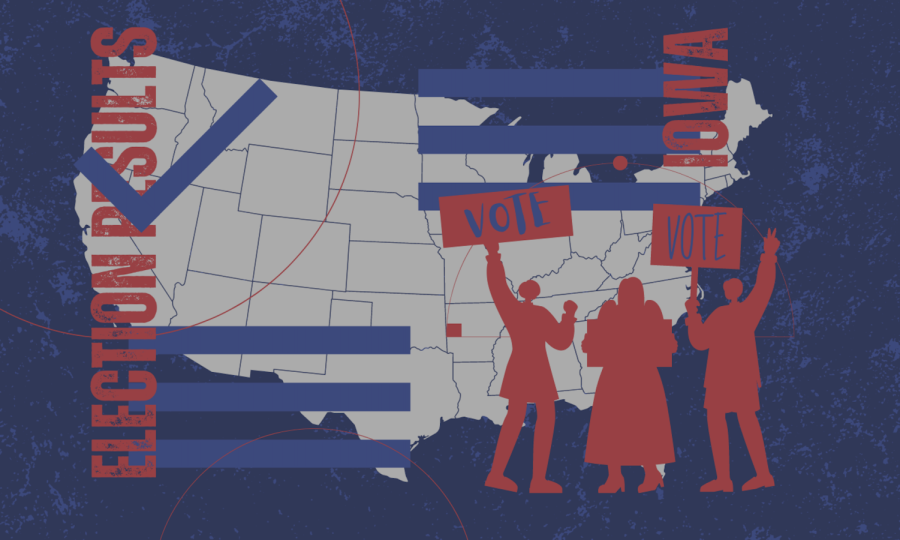Apart from a few states still counting votes, it is safe to say that the 2022 Midterm Elections have come to a close.
Preceding Election Day on Nov. 8, political analyst Nate Silver’s election prediction model, FiveThirtyEight, gave Republicans a slight advantage in the Senate, citing that 59 out of 100 times Republicans would win the Senate and 84 out of 100 times Republicans would win the House.
Many Republicans hoped and assumed a “red wave” of voters would result from the election as President Joe Biden maintains low-approval rating numbers—41.7%. However, this red wave was only seen in one state: Florida.
Florida has previously been a “purple” state, but the state has grown increasingly red over the last few years. In 2018, Republican governor Ron DeSantis won the race by about 32,000 votes. In this recent Midterm Election, DeSantis won the gubernatorial race by over 1.5 million votes, a tremendous boost in support for Republican candidates.
However, the rest of the nation did not experience the same “red wave” that Florida underwent. Despite FiveThirtyEight’s prediction, Democrats have officially won the Senate, currently holding 50 seats. One seat is left to be decided: the Georgia race will be heading to a run-off election. Republicans also underperformed in the House of Representatives and only need seven more seats to have the House officially called in their favor.
Iowa Republicans feel good about this election cycle’s results as Republicans swept the vast majority of Iowa elections. Iowa Governor Kim Reynolds won her gubernatorial race, and at the federal level, all four Iowa House seats and the Iowa Senate seat up for reelection went to Republican candidates.
Junior Josie Case addressed the Iowa election results. “I believe with the legal right to vote, Iowans used their rights, and this sweep speaks loudly for how most Iowan voters feel. I am enthusiastic about the future of Iowa, and I think that we are going to keep making advancements to help the citizens of Iowa,” she said.
Iowa is another previous swing state, but in recent years has voted increasingly in favor of Republican candidates. While Iowa and Florida trend toward Republican candidates, states such as Arizona and Georgia are demonstrating their trend toward democratic candidates.
As political polarization grows and political parties continue to pour millions of dollars into elections, Americans can expect to see the number of swing states per election cycle decrease, leading to more predictable election outcomes.









